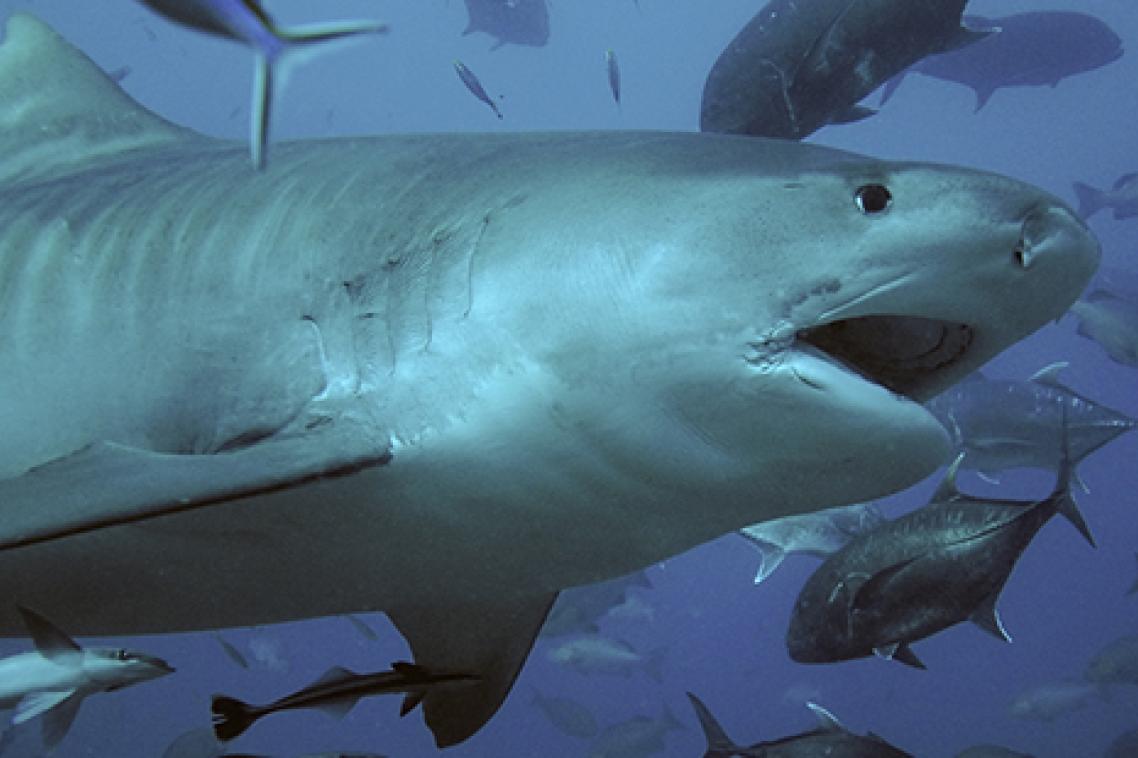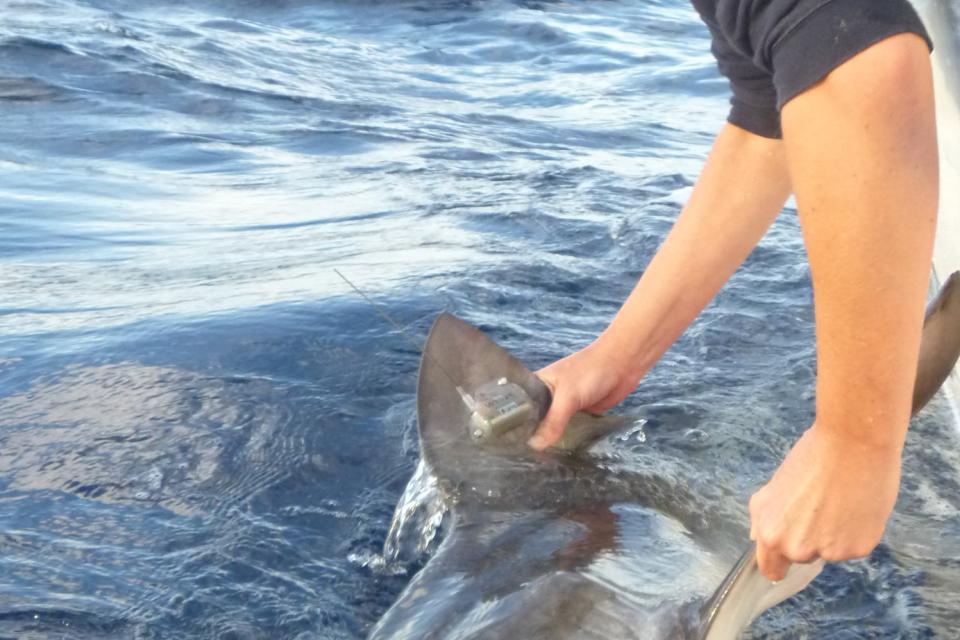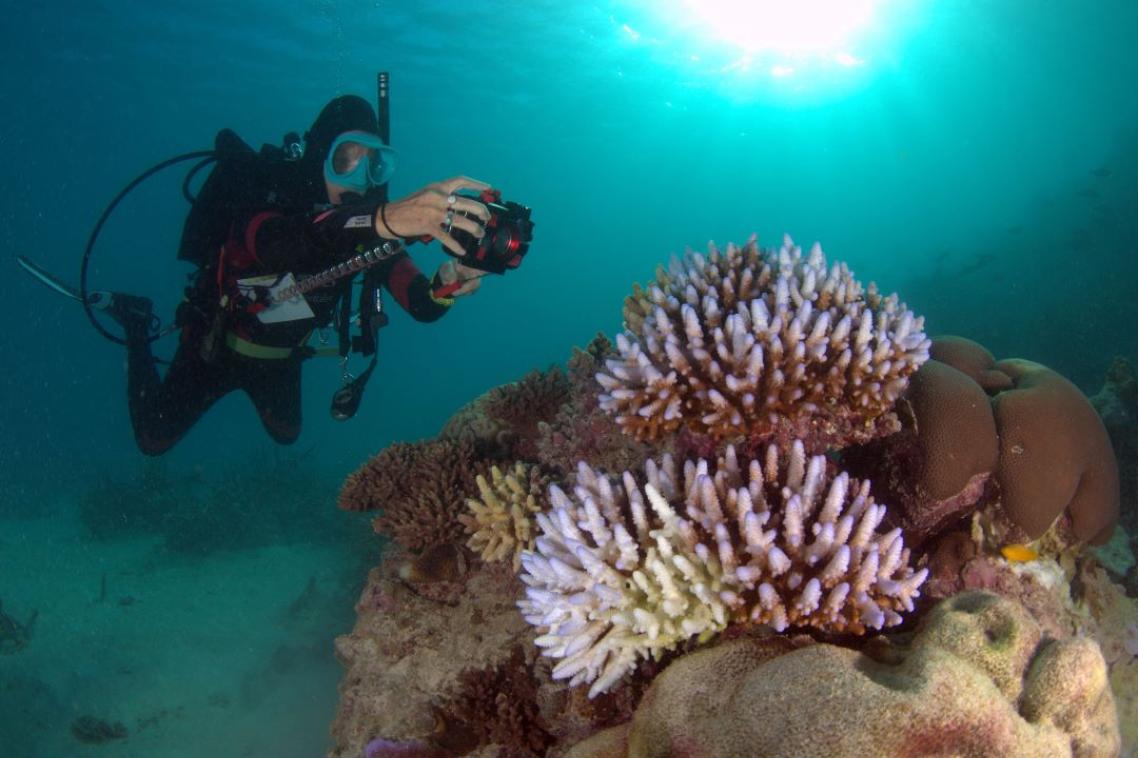Longline fishing taking a bite out of shark migration

Commercial longline fishing around the world is having a significant impact on migrating shark populations, according to an international study featuring a University of Queensland researcher.
Dr Bonnie Holmes from UQ’s School of Biological Sciences wanted to find out why shark numbers have been declining significantly over the past 20 years.
“We’re losing these incredible creatures, and we know so little about shark movements and what drives them,” Dr Holmes said.
“I joined an international research effort using new technologies – like satellite tracking and big data analysis – to help answer some critical questions.”
The team, which comprised of more than 150 scientists from 25 countries, collated the migratory tracks of more than 1600 sharks from a range of species, and examined their movements at a global level.
“This allowed us to see for the first time how different species overlap in habitats – both in time and space – and understand how these species are interacting with global fishing fleets,” Dr Holmes said.

“This doesn't even include localised pressures from near-shore operations like game fishing, shark control or subsistence fishing.
“These sharks are amazing animals that can travel vast distances but it’s clear that they have limited refuge from both high-seas and coastal fishing operations.”
Researchers are concerned that tiger sharks in the Oceania region are at a moderate-to-high risk from longline fleets for at least six months of the year.
Despite the harrowing data, Dr Holmes is hopeful that the international community will be able to protect and foster shark species.
“This research project demonstrates the power of collaboration at an international scale,” she said.
“Our international team now has more projects in mind for our collective data, which will hopefully result in some significant action, and help prioritise management improvements across jurisdictions.
“This could help protect many of these migratory species, particularly those that are currently threatened.
“It’s important that as scientists we continue to work outside of our own 'silos' and understand that collaboration is key to achieving greater success.
“This is how we’ll create real action on issues like sustainable fishing, and further understand how contemporary, complex issues like climate change are impacting the wildlife around us.
“It will take time, but governments around the world need to work together to save our most vulnerable shark species.”
The research has been published in Nature (DOI: 10.1038/s41586-019-1444-4).
Image above: Dr Bonnie Holmes tagging and monitoring sharks in the open ocean.
Media: Dr Bonnie Holmes, b.holmes@uq.edu.au, +61 411 240 806; Dominic Jarvis, dominic.jarvis@uq.edu.au, +61 413 334 924.
Related articles

Thousands of Queensland reef photos lead to worldwide change
“Art Museums are the site of public forum.”
Media contact
UQ Communications
communications@uq.edu.au
+61 429 056 139
